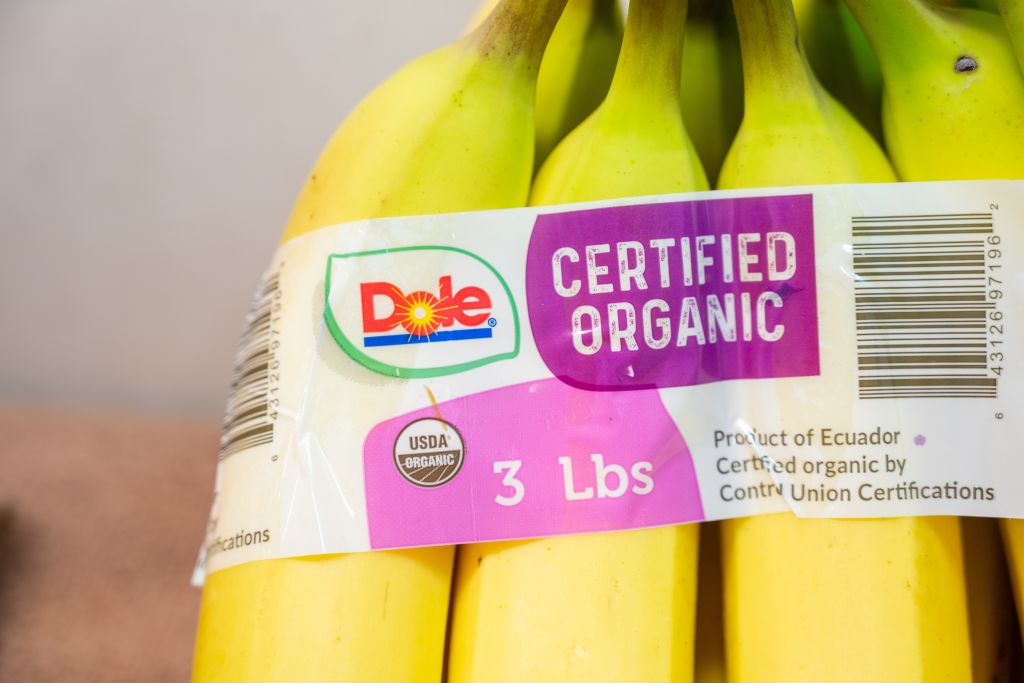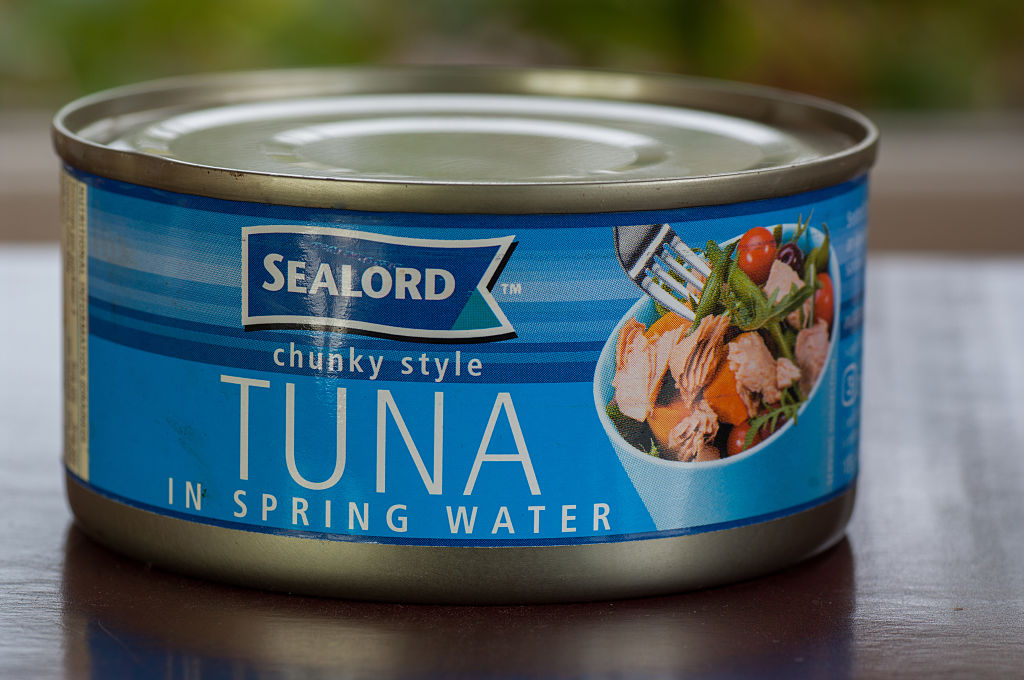European supermarkets could soon see a surge in products containing insect-based ingredients.
From February 10, the European Union has approved up to 4 per cent of ultra-violet (UV)-treated mealworm and cricket powders for use in foods such as bread, pasta and cakes across the bloc.
Growing pressure to reduce emissions from the food system has led the EU to explore alternative sources of protein and insects have emerged as a key option.
According to Research and Innovation Magazine, if the EU was to meet sustainable development goals and targets to limit climate change, sustainable protein sources would need to play a part.
For the European Commission, this move was part of its commitment to meeting the EU Green Deal’s sustainability targets.
“Insects as food are becoming increasingly relevant due to rising animal protein costs, food insecurity, environmental challenges, population growth, and the growing demand for protein in the middle class,” EC’s website read.
“Alternative solutions to conventional livestock need to be found. The consumption of insects contributes positively to both the environment and public health.”
Dutch supermarket chain Jumbo will no longer offer promotions on its meat products, to encourage customers to eat “plant-based” food instead. https://t.co/gdV4E306Uh
— Brussels Signal (@brusselssignal) March 18, 2024
The approval came with a clear framework. Insect ingredients must be clearly listed on the packaging and the European Food Safety Authority warned that insect consumption may trigger allergic reactions in those already prone to them.
Cultural acceptance, though, was likely to remain a significant obstacle.
In countries including Italy, where gastronomy is deeply ingrained in the cultural heritage, there has often been strong resistance to foods deemed “unconventional”.
According to data from the Italian agricultural organisation Coldiretti, the market for imported insects for food consumption experienced a 30 per cent drop in 2024. Imports fell from 17,600kg in 2023 to just 11,500kg last year.
For Coldiretti, these insect-based products were “far removed from the national gastronomic culture”.
Additionally, the group said it was concerned about health risks “as most of these insects are produced and processed in non-EU countries like Vietnam, Thailand and China — nations that have long topped the rankings for food safety alarms”.
It was not the first time the EU has given the go-ahead to novel foods for the market.
In January 2021, the bloc authorised the consumption of molitor beetle larvae, produced by French company Ynsect, which has now pivoted into insect-based pet food.
These were used to produce easily digestible protein powders for athletes or those with difficulty eating.
Insects as food are not new outside the EU.
Countries including the UK, Canada and the US have been allowing mealworms and other edible insects in various products for years.
On continental Europe, Switzerland became the first country to accept the commercialisation of insect-based food in 2017.
This growing trend has suggested insects in food could soon become a global norm rather than a novelty.
“The use of insects as an alternative source of protein is not new,” the EC noted, “and they are regularly eaten in many parts of the world.”
The Singapore Food Agency has approved the importing of selected insects and insect products for human consumption. https://t.co/FdddwJpvPv
— Brussels Signal (@brusselssignal) July 12, 2024





